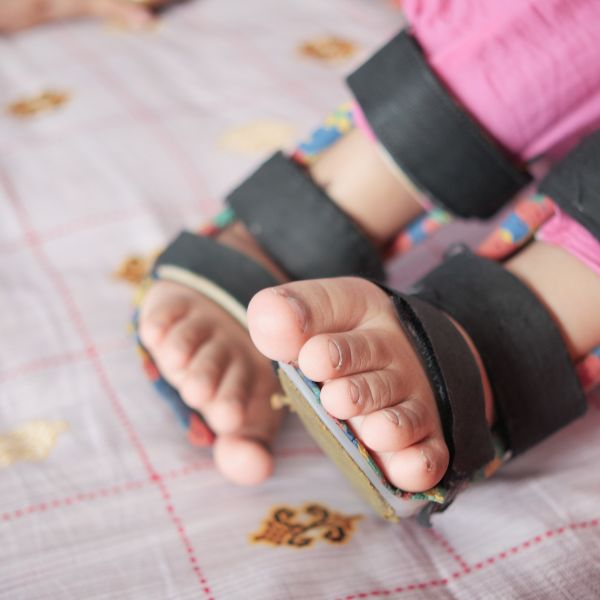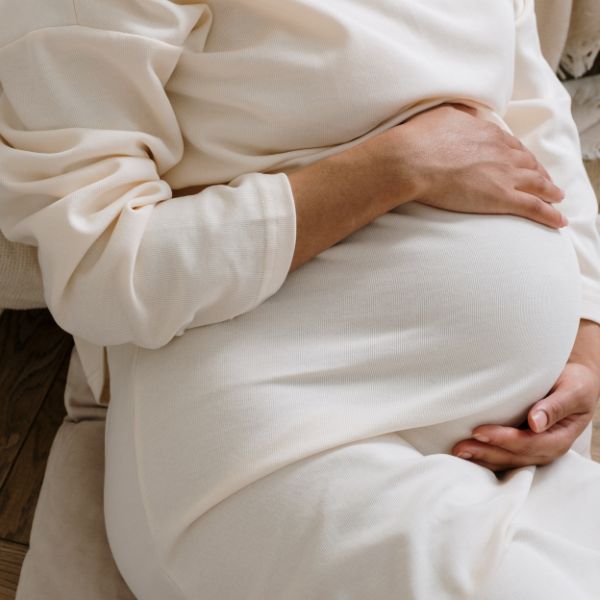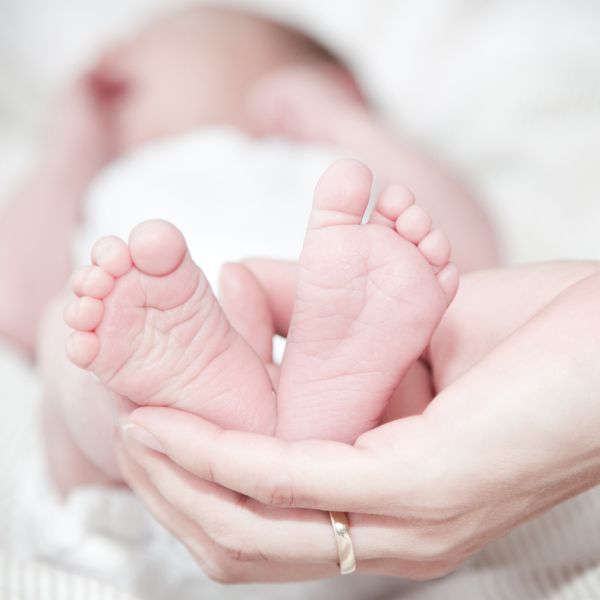International Group B Strep Awareness Month...
Cerebral Palsy Compensation Claims.
It is unfortunately far too often that children develop Cerbral Palsy due to negligent medical care during childbirth. As a parent, you cannot help but worry about their future quality of life and how you will support them.
While making a claim cannot change what has happened to your child, it can go a long way to providing you with the financial compensation needed to provide the additional care needed to give your baby the highest quality of life possible.
If your baby has been born with cerebral palsy (CP) and you believe it may have been caused due to negligent care before, during, or shortly after their birth, then contact our Cerebral Palsy Solicitors to help support and guide you through this difficult time.
At Lanyon Bowdler, our team of specialist cerebral palsy medical negligence solicitors have the knowledge and experience to support you through your compensation claim, ensuring you feel taken care of throughout and get the best possible outcome.
What is Cerebral Palsy?
Cerebral palsy is an umbrella term used to describe several different variations of a motor disorder, which typically affects the development and coordination of muscles. The type and severity of the cerebral palsy is determined by the size, location, and timing of the brain damage to the immature developing brain of the baby, which occurs due to a lack of oxygen either before, during, or immediately after birth.
The condition affects everyone differently – some children will develop mild symptoms and go on to live a relatively normal life, whilst others will develop severe and life-limiting symptoms which require ongoing medical assistance. In some cases, symptoms can be eased with treatments such as physiotherapy. There is no cure for cerebral palsy and babies who develop it at birth will require some amount of support and care for the rest of their lives. However, the condition is not progressive, meaning that the brain damage won’t continue to deteriorate, although the physical symptoms can worsen over time.
What are The Different Types of Cerebral Palsy?
Cerebral palsy can affect different areas of the body – hemiplegia means that one side of the body is primarily affected; diplegia refers to the lower half of the body; and quadriplegia refers to cases where the whole body is affected. There are several different types of cerebral palsy, and it is fairly common for people to have a combination of two or more of the following:
- Spastic cerebral palsy – This is the most common type and accounts for around 70% of CP patients. Children will typically experience muscle weakness and muscle stiffness, affecting their range of movement on one or both sides of the body. Spastic cerebral palsy is the result of damage to the part of the brain that controls conscious movements.
- Dyskinetic cerebral palsy – This type of CP affects around 10% of cerebral palsy patients. Children will find muscle control difficult and may make involuntary movements as their muscles flip between rigid and floppy. They may also have problems with their speech and hearing and babies will have problems with feeding. This type of cerebral palsy is also known as dystonic, athetoid or choreoathetoid. It is caused by damage to the cerebellum, which is the part of the brain responsible for balance and coordination, and damage to the basal ganglia, which can affect voluntary motor function and eye movement.
- Ataxic cerebral palsy – This is the least common type of cerebral palsy. Children will usually experience difficulties with balance, their movements may be uncoordinated and shaky, and they may also experience speech irregularities. This is the result of damage to the cerebellum which occurs before, during, or shortly after birth.
- Mixed cerebral palsy – This type of CP typically occurs when more than one area of the brain is exposed to damage, and leads to a variety of the symptoms listed above for the other types of cerebral palsy. Mixed cerebral palsy can affect just one limb, all four limbs, or one side of the body.
If your child has developed any of the above types of cerebral palsy, as a result of negligent care to mother or baby at any stage of the birth, you may be entitled to make a claim against the hospital, whether it was an NHS or private hospital. In legal cases like this, you need a strong team on your side, and that’s exactly what we can offer here at Lanyon Bowdler. Please don’t hesitate to get in touch with us to find out how we can help.
What Causes Cerebral Palsy?
Cerebral palsy can develop in babies either before, during, or after birth, and can be caused by a number of different things which can happen ultimately leading to brain injury.
Causes before birth can include:
- The unborn baby suffers a stroke in utero, which can result in bleeding on the brain or the blood flow to the brain being reduced or cut off.
- The mother suffers from an infection such as chickenpox, rubella, or toxoplasmosis.
- The baby suffers a head injury whilst still in the womb.
- The blood and oxygen supply to the brain are reduced, leading to brain damage in a particular part of the brain.
- Intrauterine growth is restricted, i.e. when the baby’s size is smaller than it should be according to gestational age.
- The baby’s brain develops abnormally.
- In some rare cases a baby may have a gene mutation that causes cerebral palsy.
Causes during or after birth can include:
- The baby is deprived of oxygen temporarily.
- The baby chokes or almost drowns and is deprived of oxygen.
- The baby experiences low blood sugar levels.
- The baby contracts an infection which affects the brain, for example meningitis.
- The baby sustains a serious head injury and bleeding on the brain.
- The baby suffers a neonatal stroke.
- The baby is born prematurely or the birth is traumatic.
Our Cerebral Palsy Claims Expertise
Our expert Cerebral Palsy Claims Solicitors regularly support claimants across the UK. We can help you claim the compensation you deserve for such a traumatic consequence of medical negligence. Contact us today.
Our medical negligence team is made up of experienced and knowledgeable solicitors, two nurses, and our own in-house doctor. We have extensive experience in handling claims where children have suffered cerebral palsy and we can secure the funding you will need to care for your child. When you choose Lanyon Bowdler, our people become your team, and together we can achieve the best possible outcome for your family.
Our team is recognised as a Tier 1 firm by Legal 500 and we rank in Band 1 of the 2026 edition of Chambers UK. We are incredibly proud of these accreditations and we continually strive to provide the high level of service that we have become known for. We have offices in Shrewsbury, Bromyard, Conwy, Hereford, Ludlow, Oswestry, and Telford, but we can assist you wherever you are in England or Wales, so if you’d like us on your team please get in touch.
Your Cerebral Palsy Compensation questions answered
The standard of medical care within the NHS and private healthcare settings is generally high. However, there is always room for human error and the healthcare provider may be negligent in their care of an expectant mother or new-born baby, which can lead to avoidable injuries both to mother or child.
Medical negligence, also known as clinical negligence, is the term used to refer to instances where a medical practitioner provides substandard medical care to a patient, which causes a new injury, or worsening of an existing injury. For example, an ultrasound scan could be misinterpreted meaning a medical issue could be missed, or a doctor or midwife could administer the wrong type or dose of medication to a patient.
Medical negligence could lead to a baby developing cerebral palsy in the following ways:
- The baby shows signs of distress during labour, such as the umbilical cord becoming wrapped around their neck, which is not monitored or acted upon correctly, meaning the baby may be starved of oxygen, resulting in brain damage.
- The baby shows clear signs of jaundice which is dismissed by a medical professional and left untreated, leading to hyperbilirubinemia (heightened bilirubin levels) which could result in brain damage.
- An infection such as meningitis could be misdiagnosed, or treatment could be delayed, resulting in brain damage that leads to cerebral palsy.
- The mother may have an infection, such as strep B, which is ignored or misdiagnosed by a doctor, therefore she doesn’t receive treatment and the unborn baby is affected.
- The baby may have a congenital disorder which medical professionals fail to detect or treat adequately.
- The baby may have hypoglycaemia (low blood sugar) which goes undiagnosed and untreated, and can lead to brain damage and cerebral palsy.
- An injury caused during the birth, such as a forceps delivery in which too much pressure is applied to the baby’s head, can cause brain damage.
Some babies are statistically more susceptible to developing cerebral palsy, including those born prematurely or with low birth weights, those born to mothers under 20 years old or over 40 years old; those born to very overweight mothers; as well as those who have siblings who had difficult or traumatic births. When these risks are not adequately monitored throughout pregnancy and labour, negligence can occur which can result in birth injuries such as cerebral palsy.
If your baby has developed cerebral palsy caused by clinical negligence, we can help. Speak to our team of knowledgeable solicitors today to find out what we can do for you and your child.
Cerebral palsy varies in severity and affects each individual differently. However, most children are likely to face challenges which other children may take for granted and they may not achieve the usual milestones expected of babies and children.
Cerebral palsy typically causes mobility problems and children may also experience some of the following during their early years:
- Difficulty with eating, including drooling
- Speech impairment
- Bladder or bowel incontinence
- Scoliosis (curvature of the spine)
- Visual impairment
- Epilepsy or seizures
The long-term prognosis of cerebral palsy typically depends on the type and severity someone has. Some people may be able to live independently, while others may require some level of care at home, school or the workplace.
In terms of life expectancy, again it depends on the severity of the cerebral palsy. Symptoms such as mobility issues, visual and auditory impairments, special educational needs, along with any other coexisting health conditions can affect how long someone with cerebral palsy may be expected to live.
Children with milder forms of cerebral palsy may have an average life expectancy similar to that of the general population, while those with the most severe forms of the condition have around a forty percent chance of living to twenty years old. The main factors that can determine life expectancy in someone with cerebral palsy are motor abilities and intellectual impairments.
Cerebral palsy is a permanent condition for which there is no cure. However, it is not a progressive disorder, which means the brain damage won’t worsen over time and the severity of some of the symptoms can potentially be improved with adequate and regular treatment such as physiotherapy, or even surgery in some cases.
If you believe your child’s cerebral palsy may have occurred as a direct result of medical negligence it is advisable to seek legal advice from a specialist clinical negligence solicitor as early as possible. Whether the negligent care happened under the NHS or a private medical practice, you are entitled to pursue a claim against the establishment in question for damages.
In order to make a clinical negligence claim you will most likely need to gather evidence to prove that the hospital was negligent in their care of you and your baby. Keep any hospital records, such as your maternity and birth notes, as well as a record of any meetings with the hospital if these records exist.
Our team has a wealth of experience in handling a variety of medical negligence claims, including compensation claims for cerebral palsy. Get in touch today to find out how we can help you and your child to claim financial help and support.
In the majority of cases, a claim for cerebral palsy caused by medical malpractice should be brought about before the person turns 21. However, in some cases it may be possible to make a claim after the age of 21 if the person is assessed as not having the legal capacity to make the claim themselves due to intellectual impairment.
It is always beneficial to seek legal advice as soon as possible after the negligent care has taken place, or as soon as possible after the condition has been diagnosed. Acting promptly means you will have better access to medical records and any other evidence you may need to support your claim. The longer you leave it, the more difficult it can be to gather the relevant documents.
If your child has developed cerebral palsy you are likely to find yourself facing the daunting prospect of finding the money to pay for their necessary care on a long-term basis. The costs involved in adapting your home and vehicles to suit your child’s ongoing needs, as well as the costs of treatments and therapies over the years, will soon mount up. A medical negligence claim can help you and your child by providing the financial support to ensure they are comfortable and well looked after throughout their life.
Depending on which local authority you are under, your child may be entitled to receive a community care assessment, in which social services will assess your situation and help you to procure any equipment and accessories you may need. However, there are often budgeting restrictions and delays in obtaining equipment, services, and assistance, which can result in some of the child’s needs not being fully met.
Compensation, paid in either a lump sum or periodically, can help to ensure your child’s needs are properly met by providing provision for the following:
- External care services
- Physiotherapy
- Speech and language therapy
- Occupational therapy
- Adaptations to home and transport
- Mobility equipment
- Special educational needs
- Assistive equipment and technology
- Loss of earnings as a result of giving up work to care for the child
One of the main reasons parents decide to make a medical negligence claim for their child’s cerebral palsy is to ensure that sufficient financial provision is put in place to support the ongoing health and care costs that will be necessary throughout the child’s lifetime.
What our clients say.
Can I Get Any Help in Paying the Legal Costs?
There are several exceptional circumstances in which Legal Aid may be granted in a compensation claim, one of which is in the instance that a baby has suffered severe brain damage before, during, or shortly after birth due to clinical negligence. The Legal Aid Agency will take into account your financial circumstances as well as the clinical malpractice you have experienced when assessing whether you are eligible to receive Legal Aid. We are able to offer help under the Legal Aid scheme.
The specialist team here at Lanyon Bowdler will work with you to determine whether or not you qualify for Legal Aid. We also offer our services on a ‘no win, no fee’ basis, so whatever your financial situation, we are confident that we can assist you in your cerebral palsy medical negligence compensation claim.
Contact Lanyon Bowdler’s Cerebral Palsy Negligence Claim Solicitors
At Lanyon Bowdler, we take pride in being a friendly and approachable law firm, so please get in touch to discuss what has happened to you and find out how we can help. Our team of specialist Cerebral Palsy Negligence Lawyers are part of our award-winning medical negligence solicitors team, we will be happy to talk you through the process of filing a compensation claim.
If you think you or a family member has been treated negligently by a hospital or medical staff then it is likely you are entitled to claim compensation. Give our Birth Injury Solicitors a call or complete our online enquiry form, to see how our team can help you get the justice and compensation you deserve. There is no obligation on you or any charges for our initial assessment.
By choosing Lanyon Bowdler for your Cerebral Palsy Negligence Claim, you can rest assured that you have the best legal expertise on your team. Lanyon Bowdler’s Medical Negligence team is widely acclaimed and recognised as one of the best clinical negligence departments in the country. We are committed to providing exceptional levels of client care and will work closely and considerately with you to help find the best outcomes and help to get your life back on track.
As a leading full-service law firm in Wales, we have offices in Shrewsbury, Bromyard, Conwy, Hereford, Ludlow, Oswestry, and Telford, so are able to act for clients on Cerebral Palsy Compensation Claims in Shropshire, Herefordshire, Mid and North Wales and across the Midlands. Our track record makes us the leading Cerebral Palsy Solicitors in Birmingham, Wolverhampton and Worcester. We can represent you wherever you live in England and Wales.
Meet the team.
Case studies.
Latest knowledge.
Our awards and accolades.
Get in touch.
"*" indicates required fields

 Back
Back







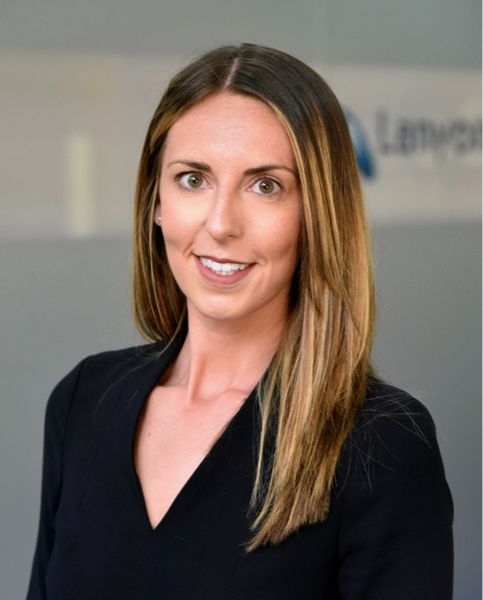

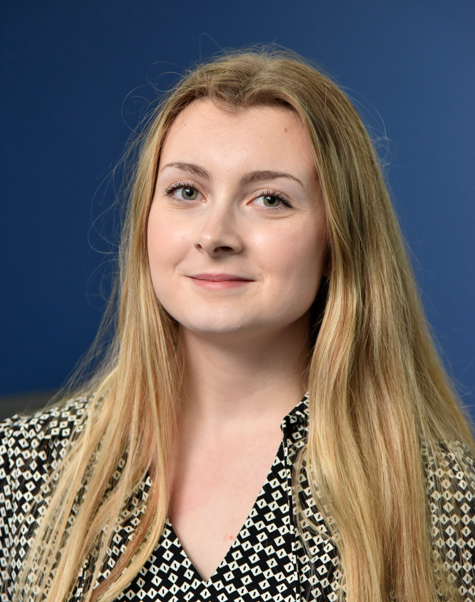

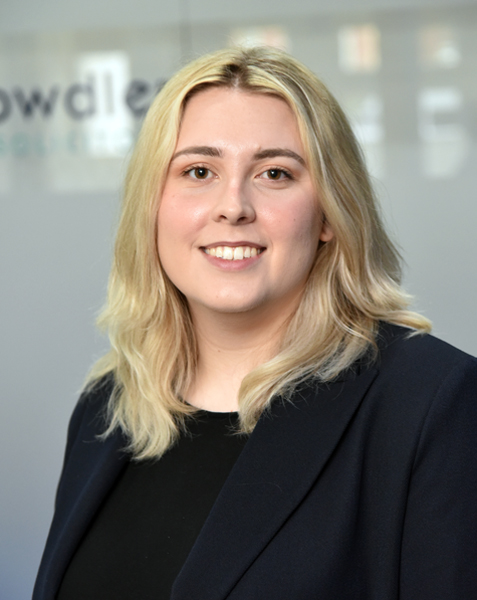





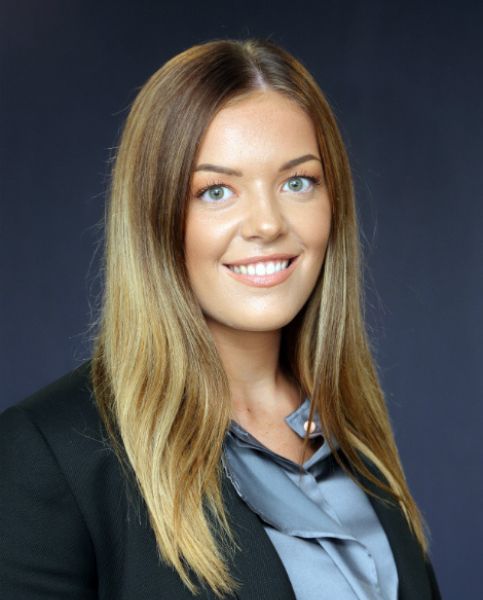
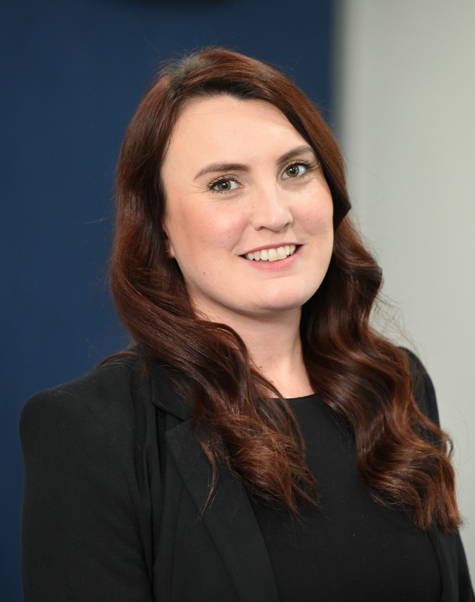
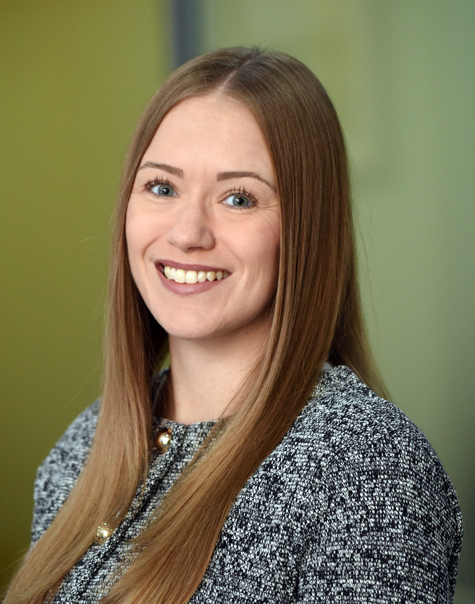
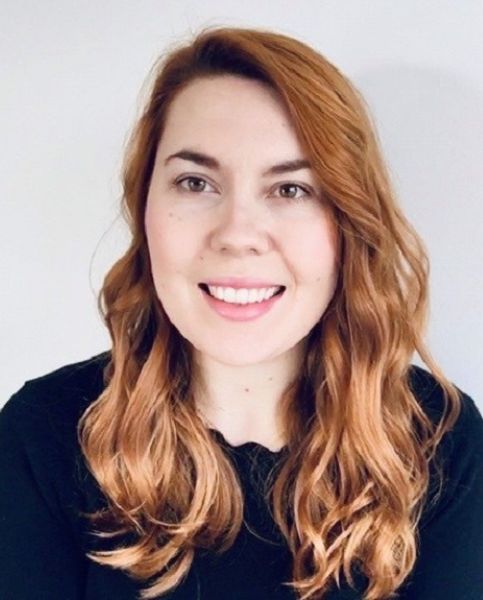

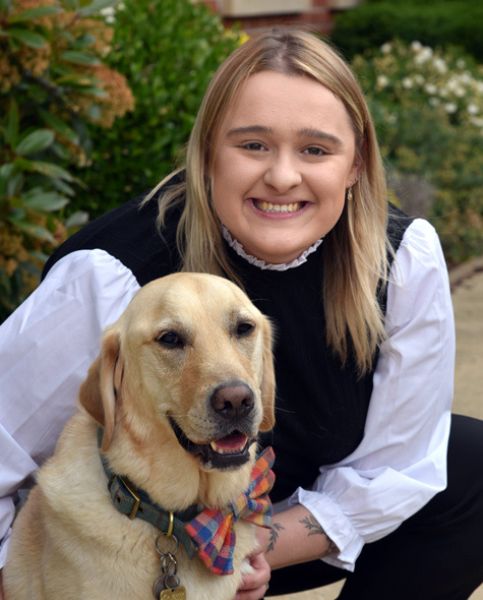


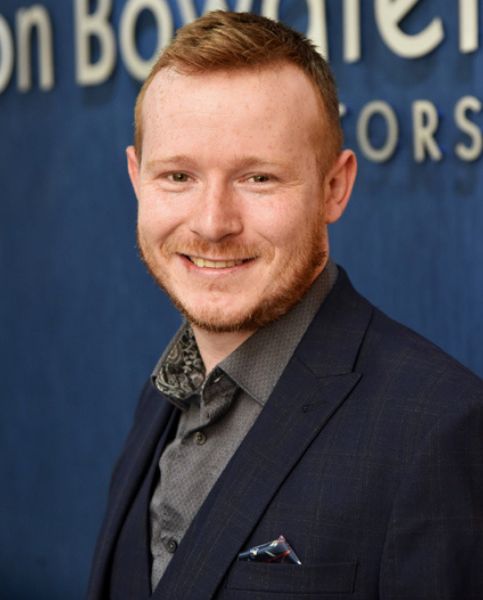
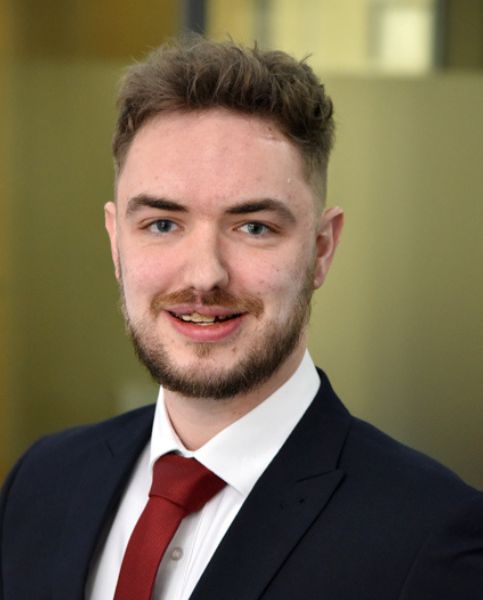
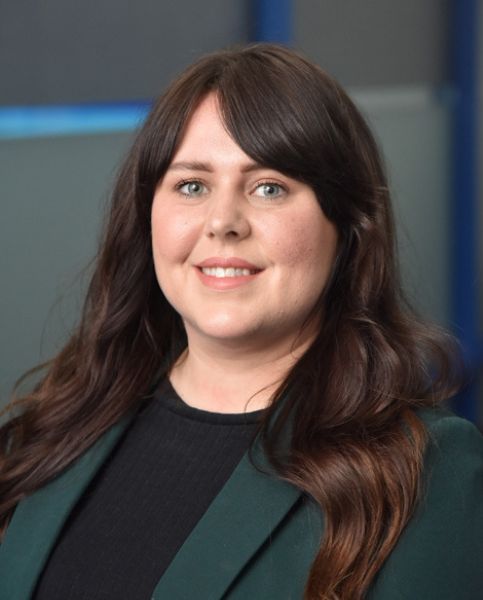
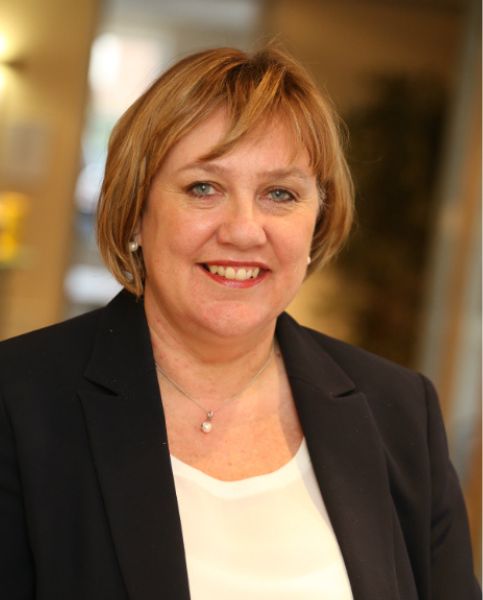
 Blog
Blog

